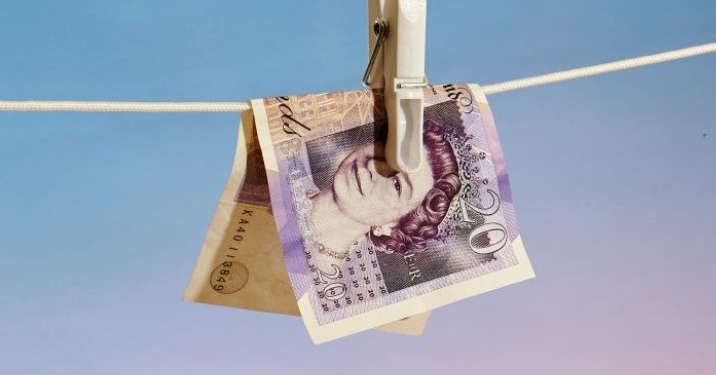Call me a nerd if you will, but I just love an excel spreadsheet.
Call me a nerd if you will, but I just love an excel spreadsheet.
And if you’re anything like me, you don’t just use them at work but also in your personal life for budgeting your own money. To budget means your organised and in control of your finances, your able to track your income and outgoings, to save for the future and/or to make big investments like buying your first home. Stats by the Money charity point out that the average total debt per household including mortgages is over £59k, which is way off the UK average salary of £38.6k. As a mother of two, I have found budgeting with the help of google sheets to be a fundamental tool in staying on top of my finances on a weekly and monthly basis. Here I want to share how I do this with the help of a good ole’ spreadsheet.
I really didn’t understand the importance of living within my means and saving.
WHY I TRACK AND CATEGORISE
Knowing where my money was coming and going was so important to me once I recognised missed payment letters and overdraft charges were flying through my letterbox every other month. And it was almost a regular encounter for me to be simultaneously behind on rent and car insurance bills. I really didn’t understand the importance of living within my means and saving. I felt helpless as I had a family to support, and no spare cash to do what I wanted. One day I just got so fed up and decided to organise my life with a spreadsheet where I could really look at my money and where I was going wrong. This was almost 2 years ago now. That goes without saying, not every month is thoroughly tracked, and no I don’t know where every penny is going when I budget; but I honestly feel I am on the right path when it comes to being in control of my money and not letting it control me.
Those irrational impulse buys really added up, and I had nothing to show for it in the end.
TAKING CONTROL OF MY MONEY
Over the months, I have updated my spreadsheet format but the premise remains the same. A day or two prior to the beginning of the month I break down my monthly spend by category i.e. Food, Petrol, Kids, Myself, Gas & Electric etc. this is a mix of both fixed and variable areas that helps me to visibly see all the areas my money is going to. I also found grouping these categories by priority 1) Things I need 2) Savings and 3) Things I want. Helped me to get better focus, as well as a reality check. There were a lot of times where the things I want were no.1 and everything else came second place. Those irrational impulse buys really added up, and I had nothing to show for it in the end. Setting up this tracker and also using this information to budget and adjust as I went through the weeks really helped me to also stay motivated and disciplined. I am looking ahead rather than ‘thinking for the moment’, allowing myself to be more money conscious.
I was able to quickly detect errors in my bank statements, as well as being able to avoid the missed payment charges companies I feel just love to add on to take advantage. Sundays happened to be the day where I would relax with my laptop in tow, and download my bank summary and transfer into my tracker. This allowed me to match back to my plan, and adjust as necessary; always remembering to be realistic to what I would be spending going forward.
THE RESULTS I HAVE SEEN
From this simple process which I have been doing regularly for so long now, I was able to get myself out of all of my debts except 1 – my car payments. However, this would take me longer to pay off anyway. And now as my income changes so does my budget, and my spending. I just aim to remain flexible, always making sure the things I can’t go without have 1st priority above all else. That goes without saying that I am not perfect, and I don’t have thousands stacked up in the bank. But I can definitely say I am more money conscious than ever, and because of that I can make more rational decisions. And just as important, I am able to buy things I want for my kids and without the added guilt that I am having to pay the price, and shortchange a bill.
Using a spreadsheet to track and budget your money is a quick, easy, and effective way to meet your financial goals in the long term. You can literally set it up to be as simple or as complex as you like. Don’t just take my word for it, give it a try and see for yourself. It doesn’t need to be google sheets. Even pen to paper in a little money journal can go a long way to helping you to track your money and have more left over at the end of each month.


